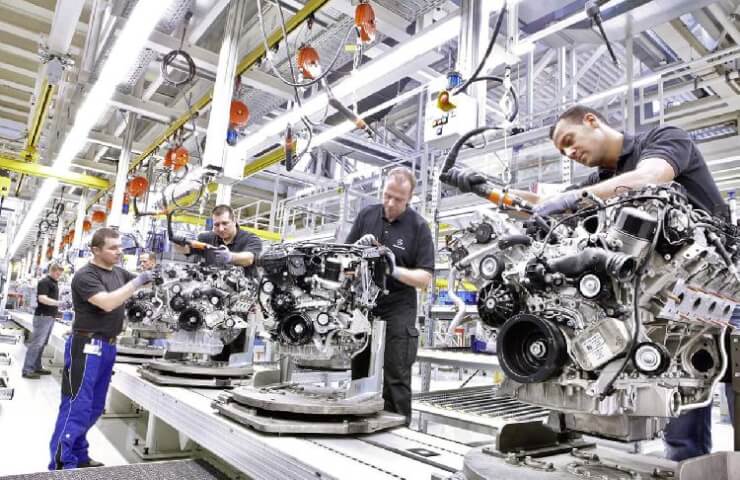The global shortage of semiconductors continues to negatively affect car production around the world. New and ongoing Covid-related production shutdowns and quarantine measures in China are hampering already overstretched supply chains. This negatively affects both the domestic and export markets.
The military conflict in Ukraine has led to a reduction in the supply of components to several car manufacturers in Europe. This exacerbated the decline in activity recorded in the region. Sales in the first quarter declined significantly compared to last year, with the negative trend intensifying in March.
Strong order books from automakers point to high pent-up demand. Some makes and models of vehicles have long delivery times. Many steel mills hoped that the chip shortage would ease in the first few months of 2022, boosting demand for steel from car manufacturers and related suppliers in the sector. Recently, however, a number of analysts lowered their forecasts for car production. This is especially true for Europe, where production is expected to decline from last year.
Despite the fact that the quarantine in China has led to a decrease in car production, car factories are expected to resume operations in the near future. Steel market participants predict that demand in this sector will improve in the second half of this year. However, this is unlikely to compensate for the production losses recorded in March and April.
U.S. auto sales declined year-on-year in the first three months of 2022. Production was limited due to supply bottlenecks. Total passenger car and light truck production hit a 14-month peak in March, recording the first year-on-year growth since June 2021. So sales should pick up soon. Forecasts for 2022 are positive, despite higher interest rates and higher fuel costs.
Market participants are increasingly concerned that rising inflation and tightening monetary and fiscal policies will lead to a significant reduction in global consumer spending throughout 2022. This will limit new car purchases and potentially reduce orders from many major automakers. However, if there is an upswing in the automotive industry, it will tighten the steel supply chain and could lead to a sudden rise in steel prices.




